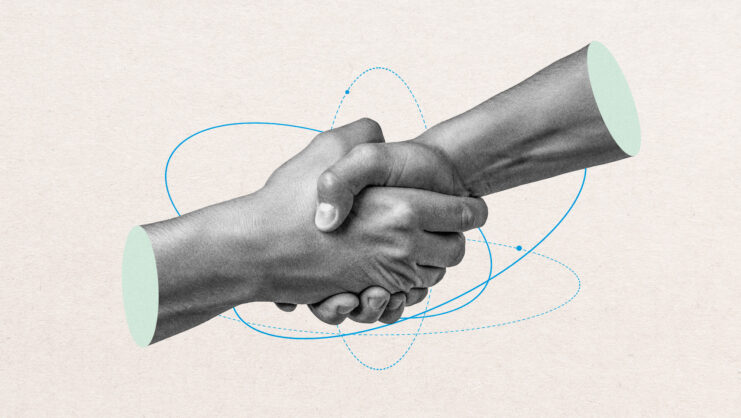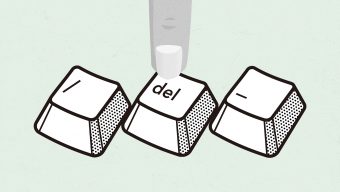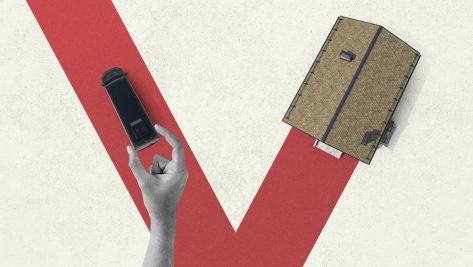How to Combat Decision Fatigue
We make thousands of decisions every day, and this can lead to us procrastinating, postponing, or even not caring about the decisions we make. Professor Kriti Jain details the techniques we can use to reduce the symptoms of this decision fatigue.
© IE Insights.
Transcription
On average, each of us makes 35,000 decisions in a day. Let that sink in. 35,000 decisions. It could be as simple as what to wear or what to eat for breakfast, lunch, dinner. Or if you happen to go to the gym, what machines to use there? Or when you’re back home after a tiring day, what things to watch on Netflix.
No wonder we have this thing called decision fatigue. Decision fatigue is the idea that the more the number of decisions we’ve got to make in a limited time span, the worse the quality can become. And this could reflect in procrastinating, postponing, or even being indecisive between the different options and going back and forth, or worse, not even caring about those decisions anymore.
And so this, of course, affects business leaders as well, especially in this volatile world, where there are several paradoxes that they need to resolve. For example, how to be a long-term thinker, yet have short-term results, how to think about being agile and have continuous improvement. But at the same time also think about the core business, or when it’s about thinking about your employees, how to be caring and compassionate, but at the same time try to get efficiency and performance. And that can result in a lot of decision fatigue.
How do you know that this might be happening to you? First, clearly there is this mental clutter almost like brain fog. You’re not able to focus your attention on the important aspects of the decision. Second, definitely emotional fatigue. So you can find yourself not being able to regulate your emotions. Being impatient, being impulsive, for example. And third, definitely also the physical fatigue that comes with it.
What can we do about it? Several simple strategies can help. The first is something as simple as routinizing the process. So the first you could do is to create a checklist. You put a lot of information that’s cluttering your mind onto a paper, for example. You might be surprised to know that people like surgeons and pilots also use this checklist just because they want to get rid of the amount of information that they need to store in their brains.
Second, you could create some routines around your daily life. For example, it could be about what do you eat for lunch every day or what do you do every Thursday. So in that way you don’t have to think and create new thoughts around what to do, and some of it has been automated for you. The third could be how do you work with the time of the day and your own energy levels? Most of us actually make better decisions in the first half of the day. So one thing that we could do is to park those most important decisions in the first half before lunch where our energies are high and mental clarity is there.
And the last one I want to highlight is the importance of pauses. The whole idea is to take a break, connect the thoughts, be creative, go out, do a hobby, whatever it might be. Essentially, the idea is to have those blank spaces on your calendar in the second half of the day when there is a lot of emotional, physical or mental fatigue that has seeped in. It is not possible to reduce the number of decisions we make in a day, but it is possible to reduce the symptoms of the fatigue that can come along with making those decisions.










